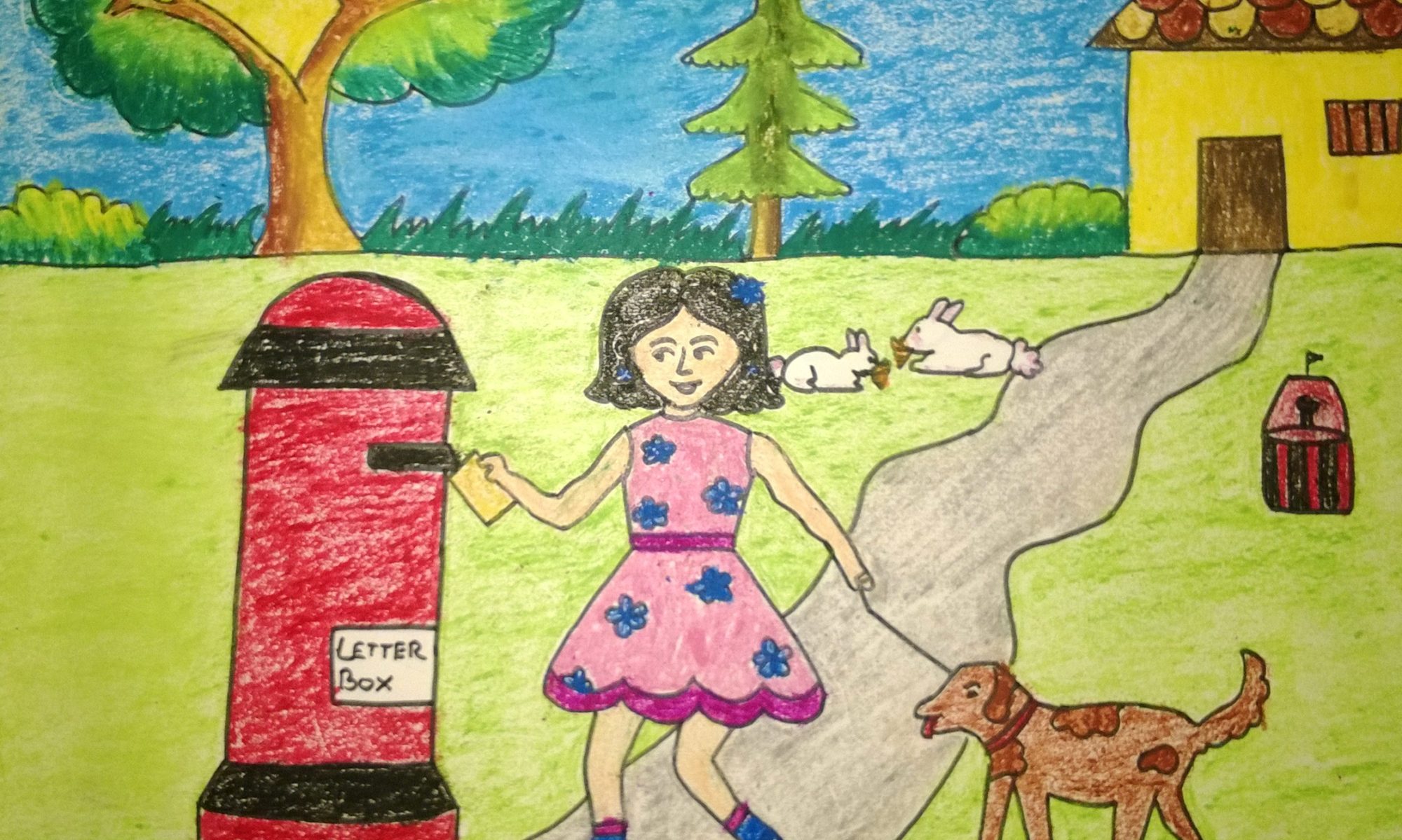My tweet thread about reality of healthcare in rural and tribal area caused some storms in the teacup. so i am writing another thread about rural practice.
- My exposure to rural practice is as assistant to urologist during my medical college days, rural internship and as visiting psychiatrist to rural areas around Pune (Maharashtra) in my initial days of practice. I do have many friends and classmates who continue work in rural and semi rural areas and their experiences are helpful too.
- Enough has been written about lack of infrastructure and basic facilities in such areas that makes doctors or any person reluctant to live and work there. I will not get into it again.
- Two issues that are avoided in public discourse are caste equations and harassment.
- Caste – your surname is a dead giveaway of your caste in India. People do not hesitate to ask directly if they can’t place you in a box. Many doctors say that they don’t want to go back to villages of their origin just to escape living their entire life in this box.
- For a sensitive person and a professional like doctor, caste is a hindrance no matter if you belong to a so called upper or lower caste. Caste equations will continue to haunt every action of yours and they can not be escaped at least for now. though things are getting better.
- Harassment – by local politicians, government officials and anyone with any coercive power is a major reason to avoid villages. In cities this harassment can be reduced and other doctors are there to buffer the impact. In village you are exposed and alone.
- In many places, as soon as you start work/practice, you need to visit all these powerful people at their homes and offices and offer your gratitude in words, actions, services and money too. Your “joining report” will not be filled till this round is completed.
- Even a minor official and politician expects you to attend home calls at any hour if their wife’s third cousin has indigestion or their dog has cut his paw. There is no escaping this reality. Costs of ignoring these calls are swift and heavy.
- Many doctors have written extensively about financial exploitation that doctors face even for minor services needed to set up and run medical practice.
- These issues that drive rural population to cities, keep doctors in cities. Away from areas of need.
- There is no romantic sunrise and beautiful rural life that poets talk about and politicians glorify from their bullet proof heavens. I am aware that this is a social issue and not medical issue. But this is reality of India and doctors can’t solve this with a pill box.
- Unless there is social evolution and financial growth (reaching last of villages), this will continue to plague us.
- Forcing young doctors to spend a year in villages as “bond” is a cosmetic step. Local officer happily accepts your salary as bribe and looks the other way.
- Electoral politics of democracy prevents long term vision that comes with short term pain and delayed results. Healthcare is more of an emotional subject for politicians that gets applause and votes.
- I am hopeful that economic growth (if and when it happens) will change things for all. It is long , painful process with its own heavy costs on social justice and environment.
Harassment politicians and govt officials are the reason doctors avoid
government jobs in cities as well. THIS is the real reason why specialist post remain empty even in metro cities and medical colleges. Politicians and govt officials ruin EVERYTHING.
